Empowering Words: From Raped and Abused to ‘Without My Consent’
By Meltem Arikan
Have you ever wondered about the act of speaking, about the words we say and their importance?
To speak is to reassemble the words stored in our brains in a logical order. Babies lack the ability to create sentences. They must first learn individual words before they can string them together in a row.
In the primitive ages there were no words. Human beings used to communicate with signals, and by making various noises and embellishing them with exclamations to express their emotions. Ahhh! Ohhh! Eeeeeh!… the transition from sounds to words deepened the verbal communication even more.
Just like the people who lived in the primitive ages, children first express themselves with sounds. As they grow up, they are trained first to learn to name objects, and then to define actions surrounding those objects and their feelings about those objects through different words. The Inuit are said to have 200 different ways to describe snow, for example.
We don’t just communicate with words, we are also coded by words. Words validate and direct us. They determine our perception. For this reason, how words are used is as important as how we are affected by the meanings attached to them. For example, because of the meanings embedded in the words abuse and rape, for thousands of years, the women who are exposed to such behavior feel like victims and in addition to this, they feel guilty.
To say “He abused me” is very difficult, because, even though the action was violently visited upon the woman without her consent, always after those words and their cousins comes the implied question: Why…?
On the other hand, if a woman says, “He fondled my body without my consent; he touched me without my consent,” she strips her statement of the symbolic meaning that is implicit in the word “abuse.”
The same is true of the word rape. As soon as you say the word, for some reason or another, there is a suspicion that you’ve swished your tail…. But, if instead of saying “He raped me” you say, “He had sexual intercourse with me without my consent,” there can be no argument about exactly what you mean because the phrase “without my consent” strips the incident of centuries of baggage.
For the same reason, one should always object to designations selected by the male-dominated culture. Take, for example, the words “Women’s Shelter.” We all think we know what this term indicates, but so long as you call it the Women’s Shelter, you accept the language of male domination. To take shelter suggests helplessness. For women to take shelter in those houses means they have already accepted that they are helpless victims. For a woman, what could be more humiliating and destructive than to have to accept the label of being helpless. Whatever she has experienced, no one should be designated helpless, because once you accept this, you lose all your power to act. You become dependent.
Even though in the dictionary the meanings of the words abuse and rape involve the descriptions assigned to them, how do the meanings of these words differ deep within women and men?
We must reject the words abuse and rape so that those who are affected by these actions may speak up more easily about their experiences. Especially the children.
It is time for us to inject power into our words rather than thoughtlessly blurt them out…
Without my consent, without my permission.
Editor’s Note: Meltem Arikan is a Turkish novelist and playwright. Her fourth novel, Yeter Tenimi Acitmayin (Stop Hurting My Flesh), was banned in early 2004 by the Committee to Protect Minors from Obscene Publications, with the accusation of “Writing about the non-existent fact of incest in Turkey and attempting to disturb the Turkish family order with a feminist approach.” The ban was lifted after two months and Arikan has been awarded the Freedom of Thought and Expression Award 2004 by the Turkish Publishers’ Association. In June 2013, Arikan went through a vicious, life-threatening campaign in her country because of her most recent play, Mi Minor, which was accused by pro-government TV news channels and newspapers of being rehearsals for the Taksim Square and Gezi Park protests. Photographs one, three and seven from CIAT. Photograph six from CIMMYT. Photograph four by Thierry Ehrmann. Photograph two by Looking 4 Poetry, photograph five by Zen Sutherland and photograph eight by Carmen Escobar Carrio.
Related Articles


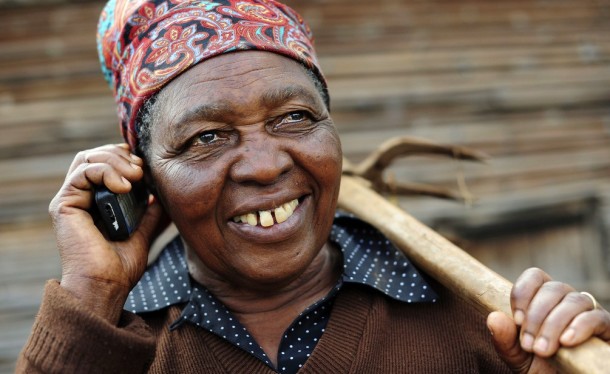
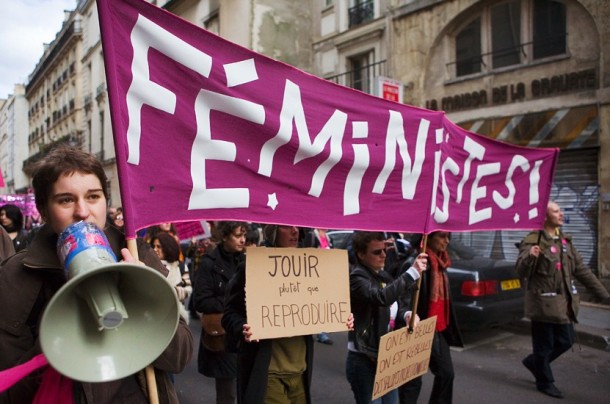
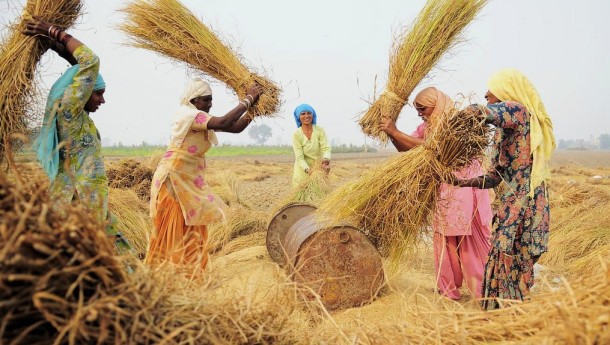

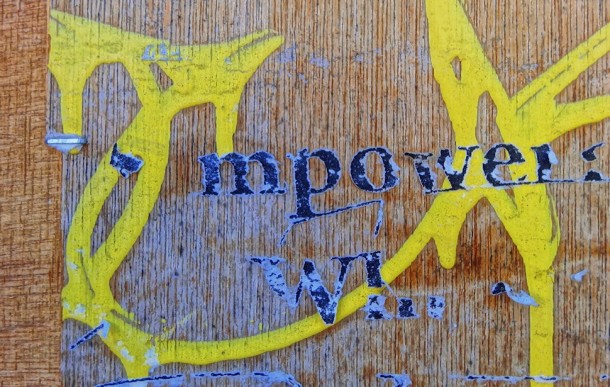
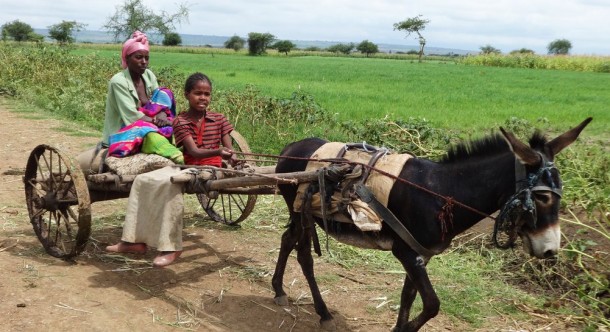
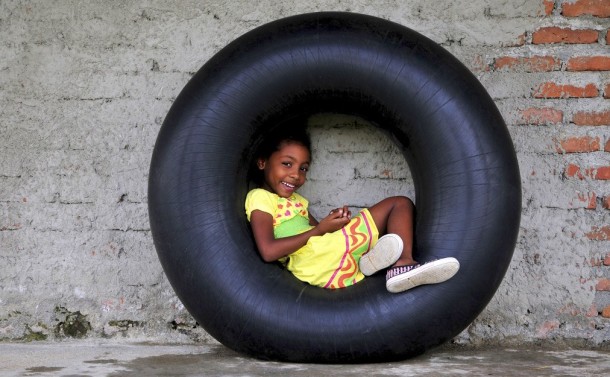












One Response to Empowering Words: From Raped and Abused to ‘Without My Consent’
You must be logged in to post a comment Login